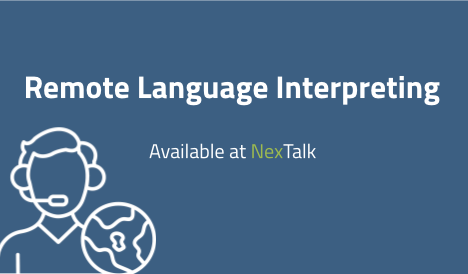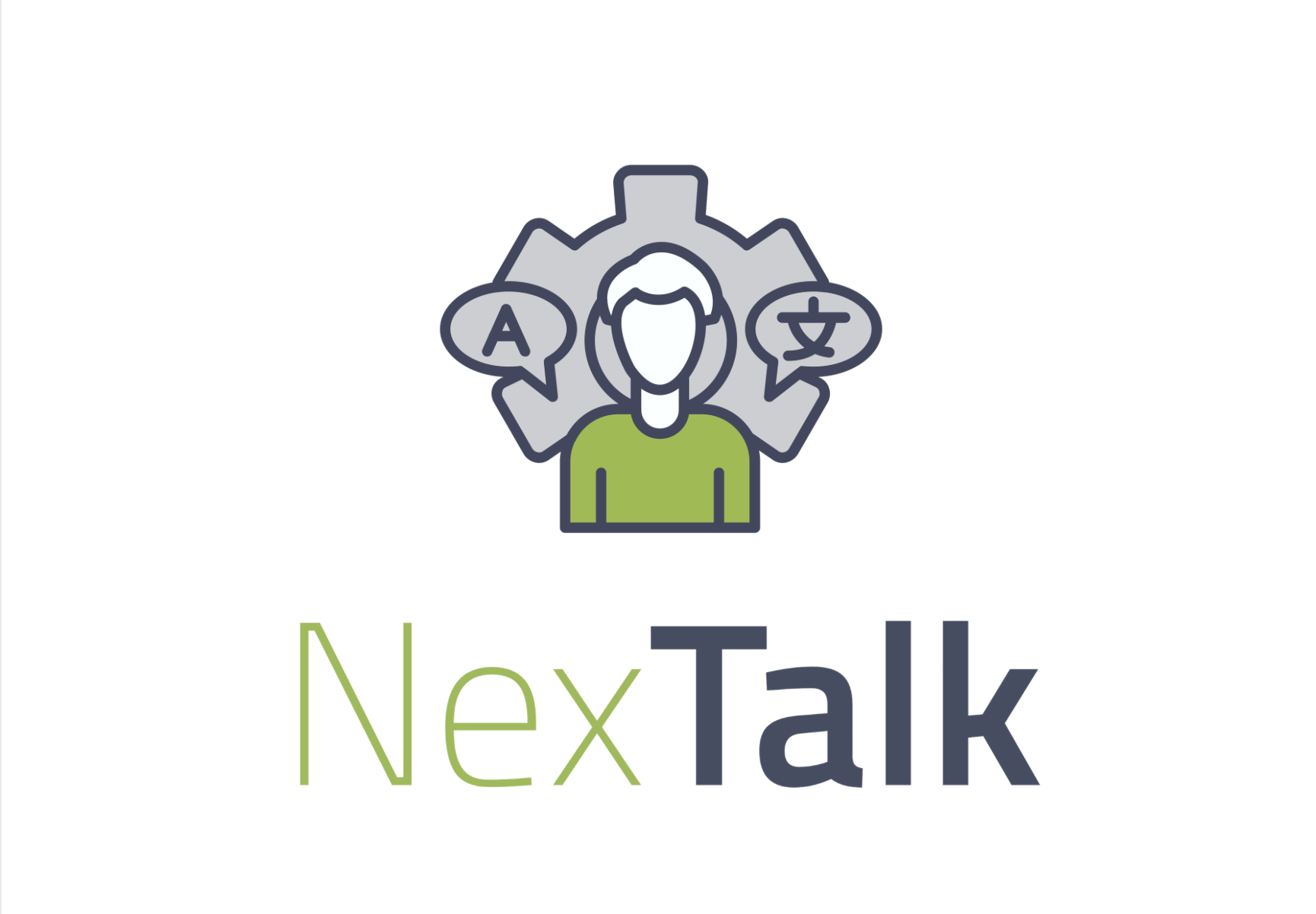Empowering Communication with NexTalk's Remote Language Interpreting Solution
At NexTalk, our mission has always been to make communication accessible for everyone. For years, we’ve been the most trusted provider of TTY call-management solutions, delivering technology that bridges the gap between organizations and the customers they serve who are deaf or hard of hearing.





